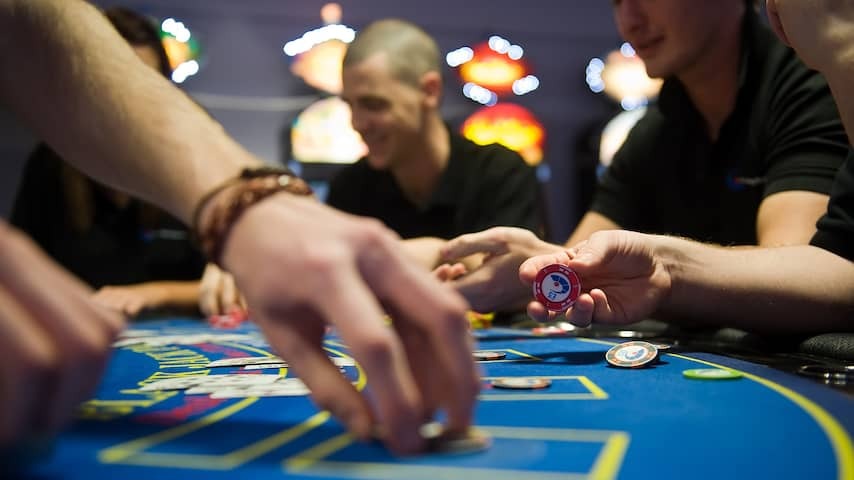
The increased tax on gambling is having a counterproductive effect on government revenue. According to research by the Gaming Authority (Ksa), tax revenues have fallen in the past six months, while the government wants to fill the treasury more with the increase.
The gaming tax was increased on January 1, from 30.5 to 34.2 percent. The Ksa was critical of the introduction and now writes that tax revenues are likely to be 40 million euros lower this year.
That is based on the tax revenues of the past six months, which are 5 percent lower. The goal is to raise an additional 100 million euros, but according to the regulator, that is unlikely to succeed.
The watchdog sees that the tax increase is putting pressure on the profits of both gambling companies with physical locations and online providers. The gaming tax puts pressure on, among other things, the gross gaming result (GGR). That is the stake of players minus the prizes paid out. Due to the tax increase, companies are cutting costs and the Ksa is also seeing a faster decrease in the number of gaming locations.
In the first quarter, it counted 9 percent fewer gambling locations than at the beginning of 2024. The number of gambling locations has been decreasing for years, but the contraction is now accelerating.
Online gambling providers are also suffering from a lower GGR, but have more options to cut costs. Providers can also, for example, advertise less to save costs and pass on the tax increase to players by reducing the chance of winning. According to the Ksa, online gambling providers have done this with slot machines.
Gaming tax will be further increased in 2026
“The measures we have taken to offer players more protection have made it financially more difficult for providers,” says Ksa chairman Michel Groothuizen. He states that the increase in the gaming tax is at odds with the objective of better protecting players while gambling. In 2026, the tax will be further increased to 37.8 percent.